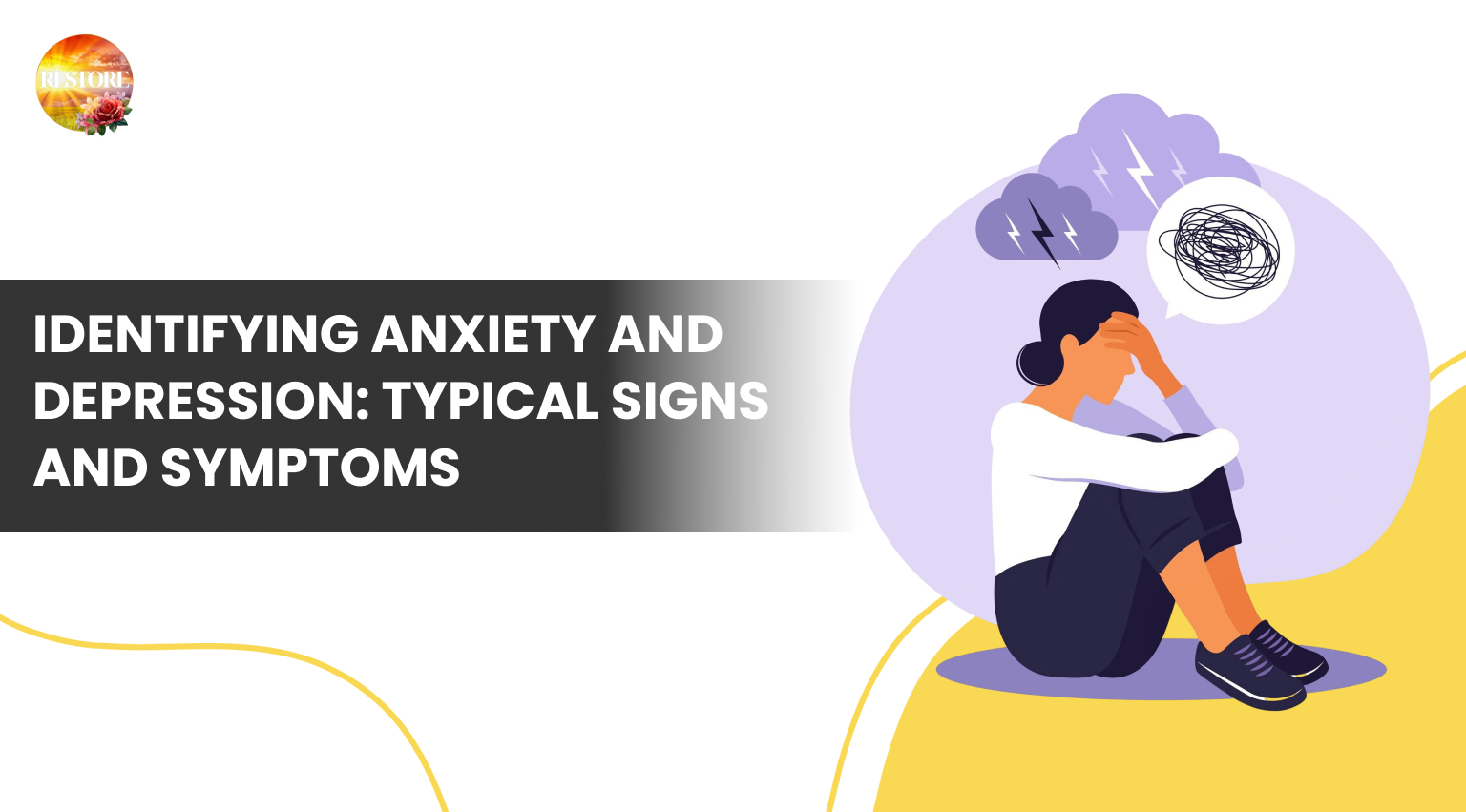Checking in on your mental health can seem like a luxury in the fast-paced, constantly on world of today, but it shouldn’t be. The peaceful basis upon which all other aspects of life rest is mental wellness. Everything from your relationships to your job, your drive to your sleep, can be impacted when things are off.
Depression and anxiety are two of the most regularly occurring but sometimes misdiagnosed mental health disorders. These are not merely emotions you could “snap out of ” or fleeting worries. These are real medical illnesses deserving of respect, compassion, and treatment. Since awareness is the first, most effective step toward treatment, this blog will help you identify the symptoms of both anxiety and depression.

